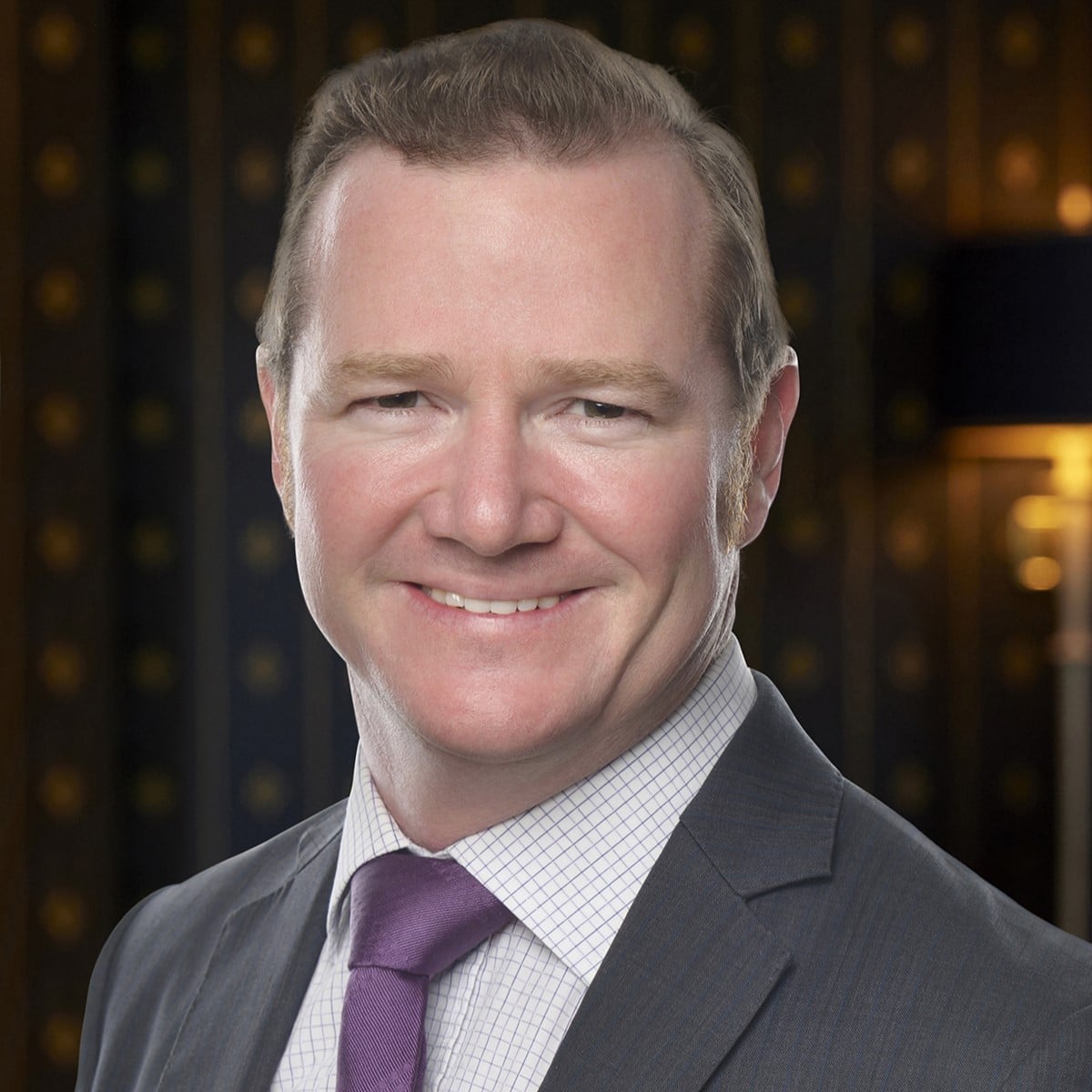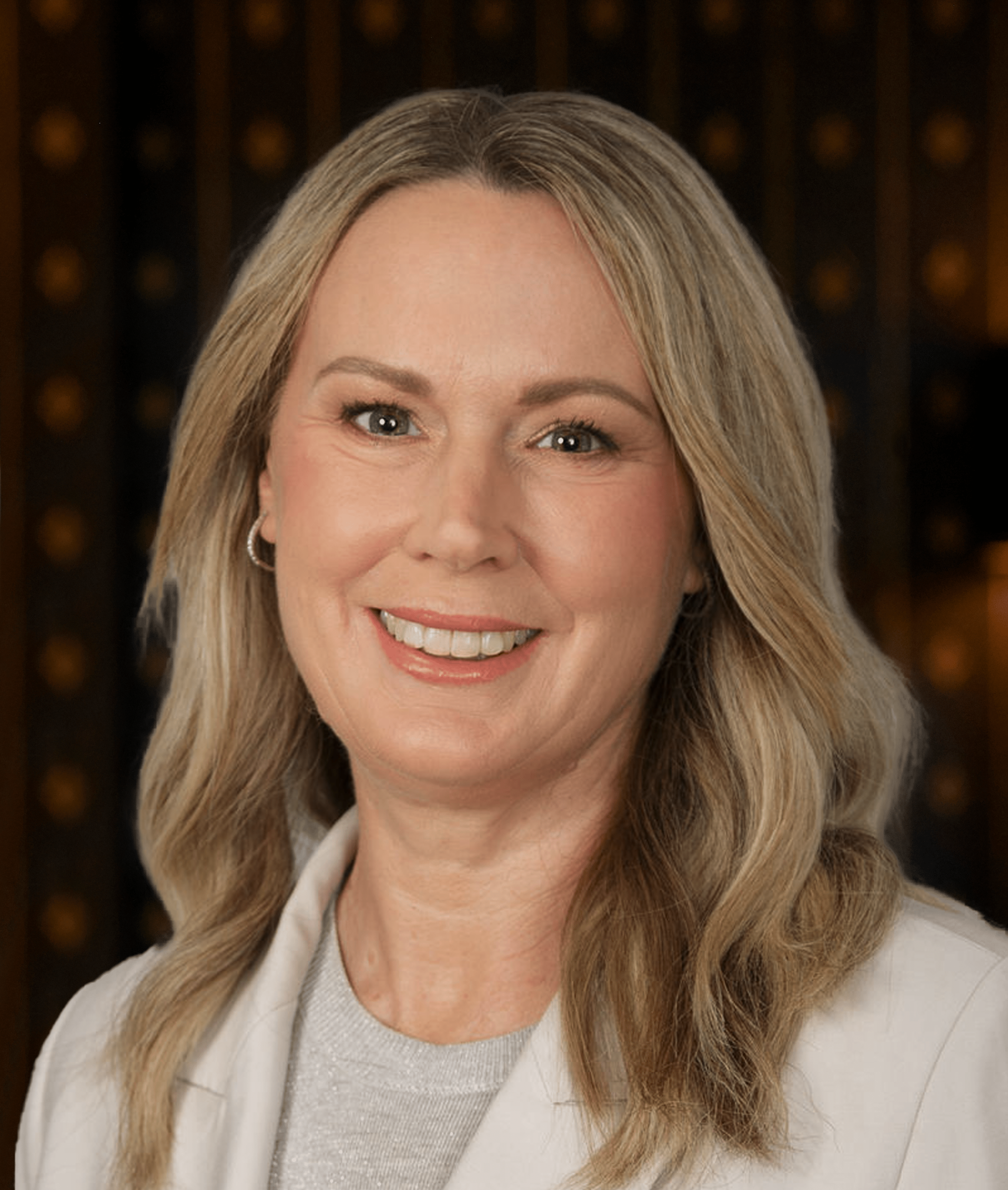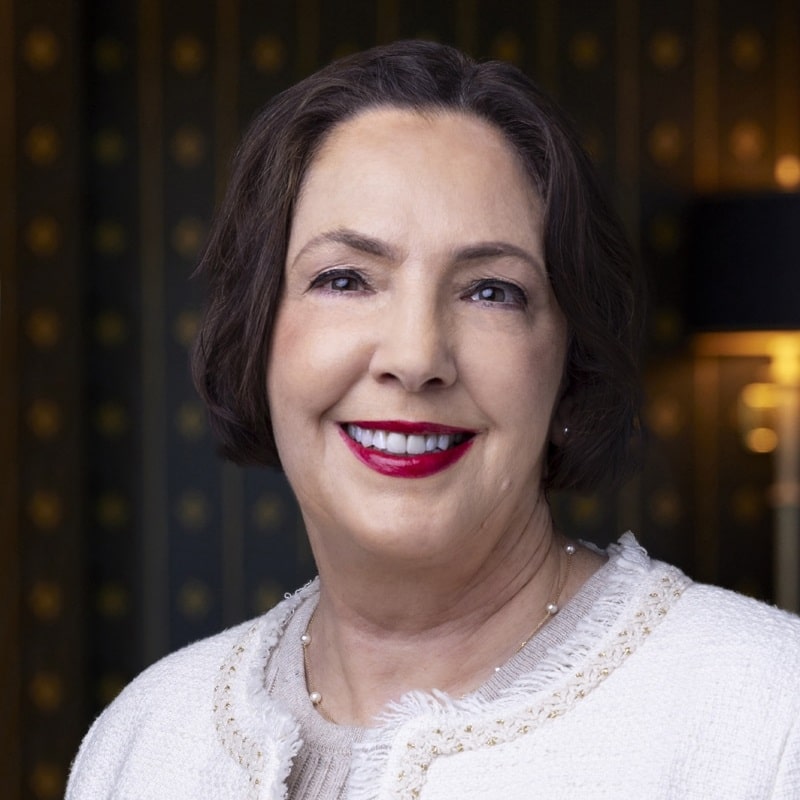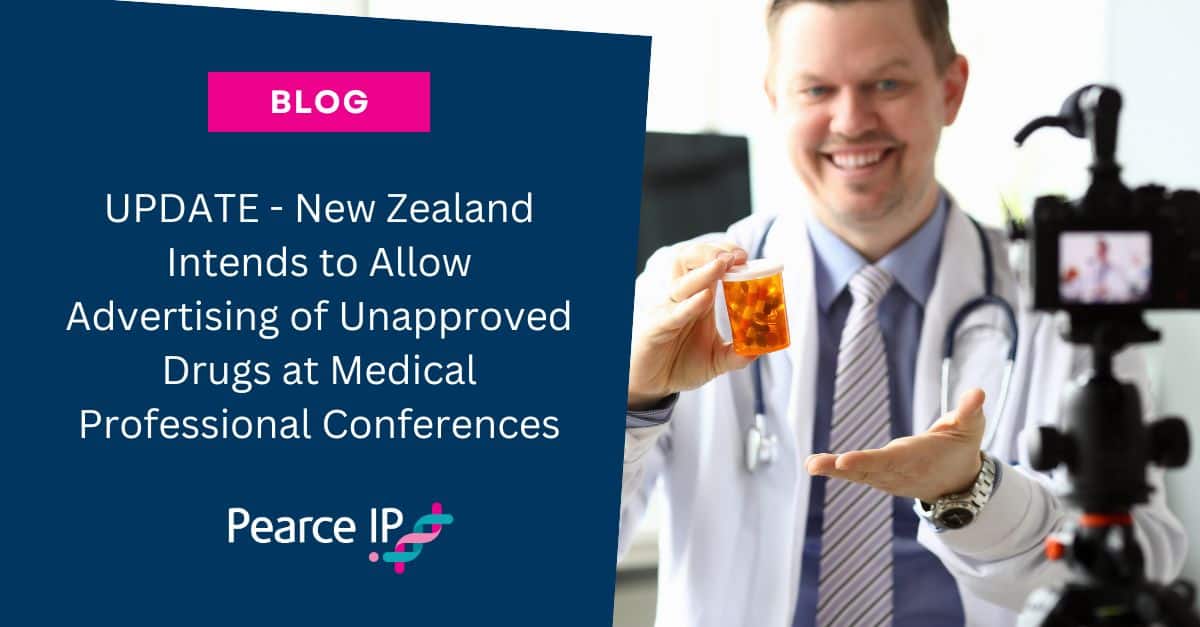UPDATE: New Zealand intends to allow advertising of unapproved drugs at medical professional conferences…soon?
We have previously reported, twice, on the New Zealand government’s policy to allow the advertisement at medical conferences and trade shows of medicines not approved by the New Zealand medicines regulator, Medsafe. In our first report, we noted that although the policy was being presented as early as July 2025 as an existing or imminent law change, the required statutory amendments had not been made or even publicly presented in draft. Our subsequent update then reported on the Ministry of Health’s indication that this reform would be included in the Medical Products Bill, intended to come into force in 2030 and replace the Medicines Act 1981. Based on the Ministry’s indication, we considered that the advertising reform would not become part of the current Medicines Amendment Bill, then awaiting its second reading in Parliament. The government has now changed its mind about this and has moved an Amendment Paper to include the advertising reforms in the current, previously unrelated, Medicines Amendment Bill.
The Medicines Amendment Bill was debated in parliament on 21 October 2025 and passed the second of the three readings needed to become law. The Minister of Regulation (who is also the Associate Minister of Health) announced, when moving the second reading, that an Amendment Paper would be introduced to add the advertising reforms to the Bill before its consideration by parliament ahead of its third and final reading. The Amendment Paper was subsequently published on 31 October 2025.
Opposition members speaking on the Bill were taken by surprise (as were we!) by the announcement, which they criticised for coming after public submissions had been taken and the Parliamentary Health Committee had considered and reported back on the Bill. It has not been explained why advertising reform, which has been policy since at least April 2025, was not already included in the Bill which was introduced to parliament on 31 March 2025. The opposition members have indicated that the further amendments will be carefully scrutinised.
The original provisions of the Amendment Bill appear to have broad, cross-party support and are likely to pass. Those are to:
- introduce a fast-track approval process for drugs already approved in two, recognised, foreign jurisdictions
- broaden some prescription powers.
The new Amendment Paper proposes inserting into the Medicines Act 1981 an exemption from the prohibition on advertising unapproved medicines for a person who “advertises at [a] medical conference the availability of the medicines.” Any such advertising will remain subject to the restrictions and requirements of Part 4 of the Medicines Act, and Part 3 of the Medicines Regulations 1984.
As drafted, the proposed exemption will apply to a wider audience than other, current exemptions to restrictions on the advertising of approved medicines to health professionals. The Amendment Paper defines “medical conference” to include any conference or associated trade show where the intended audience are “health practitioners regulated under the Health Practitioners Competence Assurance Act 2003.” As well as doctors, dentists, midwives, nurses and pharmacists, this includes chiropractors, dieticians, occupational therapists, osteopaths, physiotherapists, podiatrists and others. This can be contrasted with the narrower audience classes referred to in:
- section 60 of the Medicines Act, “Exemption for certain advertisements”, which applies to advertising to a medical practitioner, dentist, nurse, pharmacist, or any other person qualified to provide therapeutic treatment in the course of a profession or occupation and registered under any enactment as a person so qualified; and
- regulation 11 of the Medicines Regulations 1984, “Advertisements Intended for Health Professions”, which refers to the “medical, dental, pharmaceutical, and related professions”,
Other bodies which provide guidance relating to the advertising of medicines in New Zealand may update their publications to be consistent with any law change, for example:
- Advertising Standards Authority: Therapeutic and Health Advertising Code
- Medsafe: Guideline on the Regulation of Therapeutic Products in New Zealand – Advertising of therapeutic products
- Medicines NZ: Code of Practice
- Consumer Healthcare Products Association: Code of Practice
We expect that the Amendment Paper will come under scrutiny by opposition parties in the parliamentary debate on the Bill, scheduled for this week. We will report further on this and any other developments. Until then, the key points to remember remain that:
- The law prohibiting the advertising of unapproved medicines in New Zealand has not yet been changed.
- Advertising unapproved medicines in New Zealand, even to medical professionals at conferences and trade events, remains a criminal offence under section 20 of the Medicines Act 1981 and is subject to a fine of up to NZ$100,000 and, in the case of individuals, imprisonment for up to 6 months.
For further information on medicine regulation in New Zealand, contact our New Zealand experts, Paul Johns, Julie Balance and Sally Paterson.
About Pearce IP
Pearce IP is a specialist, life-sciences focussed, intellectual property/law firm offering lawyers and attorneys in Australia and New Zealand.
In 2025, Pearce IP was honoured by Australasian Lawyer and New Zealand Lawyer as a Top Specialist Firm, 5 Star Employer of Choice, and the “Standout Winner” for Inclusion and Culture (<100 employees). Pearce IP and its leaders are ranked in every notable legal directory including: Chambers & Partners, Legal 500, IAM Patent 1000, IAM Strategy 300, MIP IP Stars, Doyles Guide, WTR 1000, Best Lawyers, WIPR Leaders, Best Law Firms, among others.
Pearce IP is the only leading IP firm in Australia and New Zealand with a female founder, and is certified by WEConnect International as women owned.

Paul Johns
Executive, Lawyer (NZ, AU) & Trade Mark Attorney (NZ), (Head of Litigation – New Zealand)
Paul is Head of Pearce IP’s New Zealand litigation team and an IP dispute specialist with 24+ years’ experience in New Zealand and the UK. He is recognised in IAM Patent 1000, WTR1000, Chambers Asia-Pacific, and Best Lawyers. Paul serves on New Zealand’s Copyright Tribunal, is Vice Chair of the IBA’s Patent Law Subcommittee, and is a member of the Intellectual Property Society of Australia and New Zealand and NZ Intellectual Property Attorneys Inc.

Sally Paterson
Executive Lawyer (NZ), Patent & Trade Mark Attorney (AU, NZ)
Sally is a senior Trans-Tasman Patent and Trade Mark Attorney, and a New Zealand registered lawyer with over 20 years’ experience in IP. Sally’s particular expertise is in life sciences, drawing from her background in biological sciences.
Sally is well respected in the New Zealand IP community for her broad ranging skills in all aspects of intellectual property advice, protection and enforcement.
Sally has extensive experience securing registration for patents, designs and trade marks in New Zealand, Australia and internationally, providing strategic infringement, validity and enforceability opinions, acting in contentious disputes including matters before the courts of New Zealand and before IPONZ and IP Australia, and advising on copyright and consumer law matters.

Julie Ballance
Executive, Patent Attorney & Trade Mark Practitioner (AU, NZ), Lawyer & Notary (NZ)
Julie is a senior Trans-Tasman patent attorney, and a New Zealand registered lawyer and notary public with more than 30 years’ experience across a range of technology areas and a first class honours degree in chemistry. Julie is internationally renowned for her considerable patent/trade mark/designs/legal prowess, including being ranked in IAM Patent 1000.

